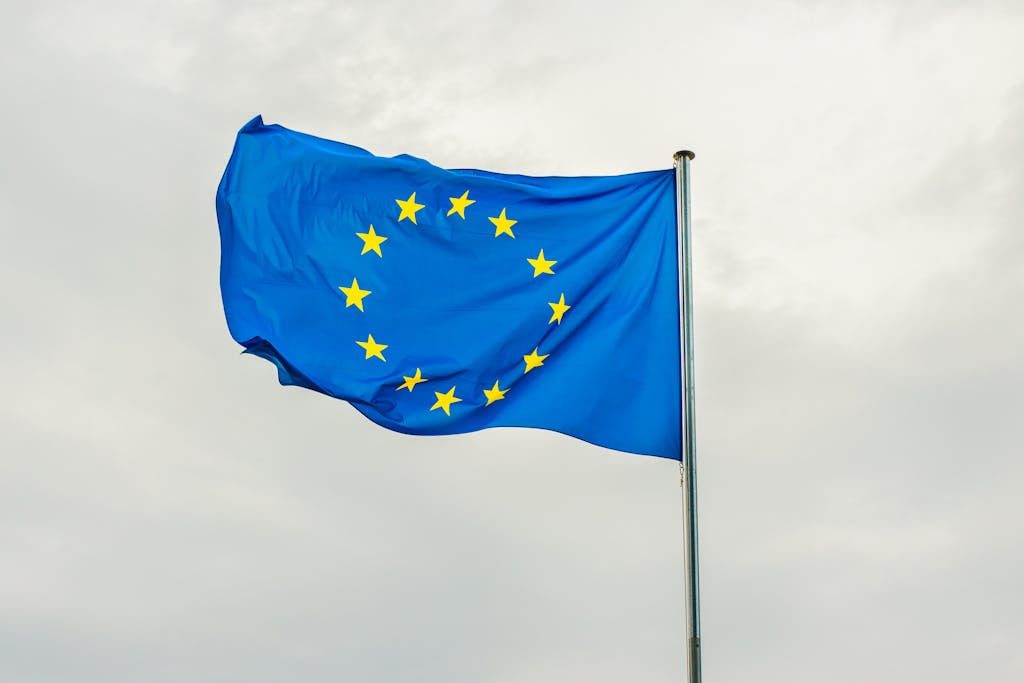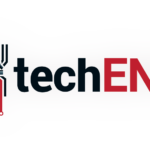Apple’s App Store fee structure has long been a contentious issue for developers. In fact, the company’s App Store Fees have come under intense scrutiny in Europe as the EU Commission has ruled against Apple’s policies and reopened an investigation into the company for malicious compliance. These recent developments have emboldened more developers to voice out their grievances in public. Most recently, Patreon, Epic Games, and Spotify have taken to the internet and this intensified the scrutiny.

EU Commission Takes On Apple’s App Store
Let’s take a look back at how we got here. In a landmark decision, the EU Commission found Apple to be in breach of competition law due to its App Store practices. The Commission ruled that Apple’s requirement for developers to use its in-app purchase system and pay a commission on all digital goods and services sold within their apps was unfair and stifled competition.
This ruling has significant implications for Apple. It has forced the company to change its App Store policies and allow developers to offer alternative payment methods within their apps. Apple has been charging a 30% fee to developers for the use of its App Store platform. Since the landmark ruling, the company has “opened up” more options to developers. However, more recently, it has introduced a yearly 5% “Initial Acquisition Fee” and a 10% “Store Services Fee”.
Growing Push Back from Developers
The European Union’s ruling against Apple’s anti-competitive practices has emboldened developers to challenge the company’s new policies. Spotify, for instance, has been a vocal critic of the App Store’s in-app purchase system. The music streaming giant has devised strategies to direct users towards its website for subscription sign-ups, bypassing Apple’s fee structure.

Epic Games, known for its popular game Fortnite, has also been at odds with Apple over App Store policies. The company famously challenged Apple’s rules by offering in-app purchases outside the App Store, leading to Fortnite’s removal from the platform. While the case garnered significant attention, the outcome ultimately favoured Apple, underscoring the challenges developers face when challenging the company’s policies.
Both developers have been more vocal since Apple introduced these changes. Epic Games has been bolder than others and unphased by Apple’s initial removal of Fortnite from the App Store. However, we don’t see Apple budging from its stance with the new fee structure.
Current Developments: Patreon Faces A Tough Decision
Patreon, a platform for creators to connect with their supporters, is currently facing a similar predicament. Apple has mandated that Patreon use its in-app purchase system, which would result in a substantial portion of its revenue going to Apple. Patreon is facing a difficult decision: comply with Apple’s terms and potentially reduce creator earnings, or risk being removed from the App Store, losing access to a significant portion of its user base.
These developments underscore the power struggle between platform owners like Apple and app developers. While the EU’s ruling marks a significant step towards challenging Apple’s dominance, the company still holds considerable sway over the App Store ecosystem. The coming months will be crucial in determining how this battle unfolds and what impact it will have on the future of app distribution. It’s also worth noting that while Apple’s App Store is in the crosshairs, these practices are used in many app distribution platforms even the Google Play Store.
As the situation evolves, more developers will likely join the chorus of dissent against Apple’s App Store policies. The ultimate outcome of these challenges could have far-reaching implications for the entire app economy.
